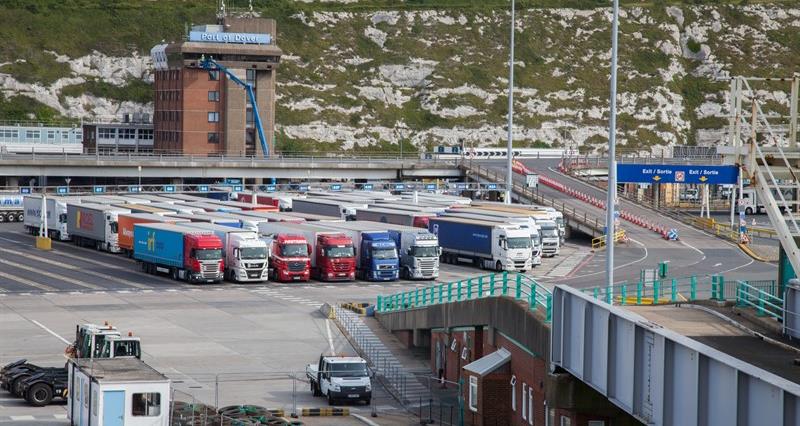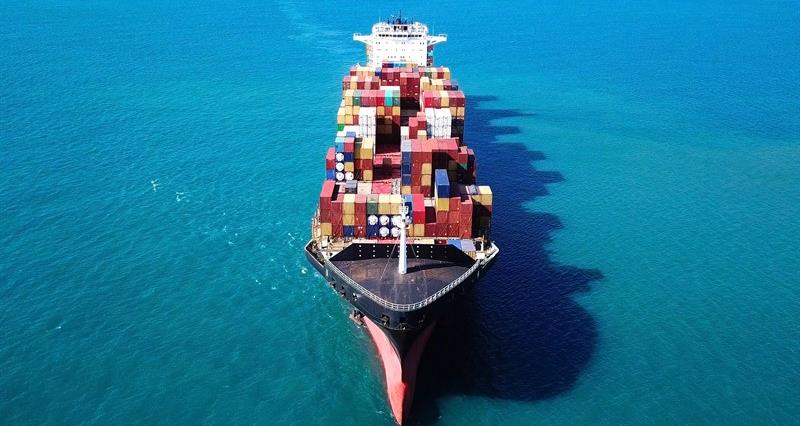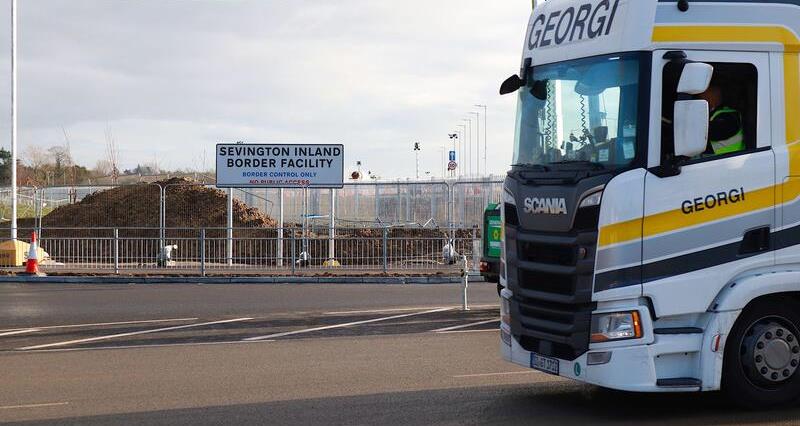The latest foot and mouth outbreak in Germany provides a stark reminder of the importance of upholding biosecurity standards as an important part of national security. And while the government is investing in its border controls, reports of an upsurge of illegal meats being seized at customs demonstrates the need for a stronger deterrent to match the scale of the threat.
Import controls have a vital role to play in upholding our nation’s biosecurity, food safety and international reputation.
Domestic producers, whether farmers, food companies or retailers, face a myriad of regulations and laws within the UK that ensure the food we eat is safe, consumers are not misled, and our environment, farmed animals and wildlife are protected.
British farmers must feel confidant that border checks and controls safeguard the nation’s food. The implications go beyond the direct threat to domestic livestock and farm businesses, impacting whole sectors that can find their ability to trade and export restricted. The UK exports over £9 billion worth of animal and plant products each year which rely on the UK’s reputation for high biological security.
What is the NFU calling for?
On illegal activity:
The NFU would like to see the Border Force, working in partnership with our Port Health Authorities, to be given adequate resources to effectively stamp out illegal SPS (sanitary and phytosanitary) activities.
Alongside this, the government is creating a new UK Border Security Commander, whose responsibility will be to minimise threats to the security of the UK’s borders. Its focus is tackling organised immigration crime, but the NFU believes that threats to our food supply and biosecurity must also be prioritised.
The consequences for those undertaking illegal activity must be sufficiently severe as to act as a disincentive. More needs to be done including:
- Routine recording of passport details of drivers sent from the Border to a BCP would encourage attendance.
- Sufficient sniffer dogs to identify vehicles transporting meat and meat products prior to boarding and during crossings.
- Vehicle X-ray machines (to identify consignments of meat (including bones) strategically placed within the curtilage of ports.
- Seizure and destruction of vehicles and other equipment used in the transport of illegal products.
- Effective and prominent communication (posters) at ports of entry and alerts provided during on-line travel booking systems.
On personal imports:
The NFU would like to see information on new personal imports safeguards actively promoted to travellers coming into the UK.
The NFU is also urging the government to set out a strict approach to personal imports typical of many other jurisdictions, preventing all forms of POAO entering from a third country, including from the EU (with limited exemptions such as infant formula).
To read the NFU's full submission, visit: UK Parliament | Animal and plant health inquiry



